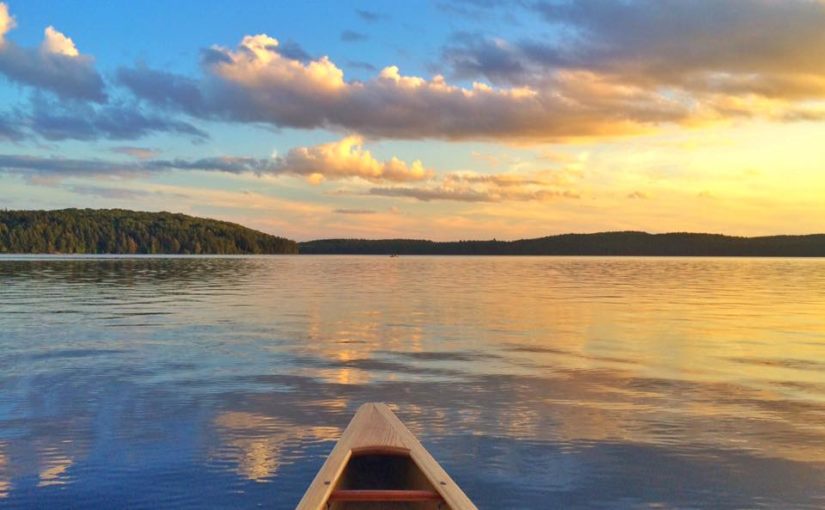Today’s post was written by Brooke Michell, a Park Biologist at Kawartha Highlands Signature Site Park.
“The love of wilderness is more than a hunger for what is always beyond reach; it is also an expression of loyalty to the earth, the earth which bore us and sustains us, the only paradise we shall ever know, the only paradise we ever need.” – Edward Abbey
Some of our most treasured moments occur off the beaten path. In the backcountry of Ontario Parks, the avid hiker, canoe tripper, angler, and outdoors person seeks solitude. Although anyone who has backcountry camped knows it’s not always a walk in the park.
Physical limits are often pushed while portaging through rugged terrain, and paddling across windswept water bodies. At this expense, why is backcountry camping one of our most beloved past times?
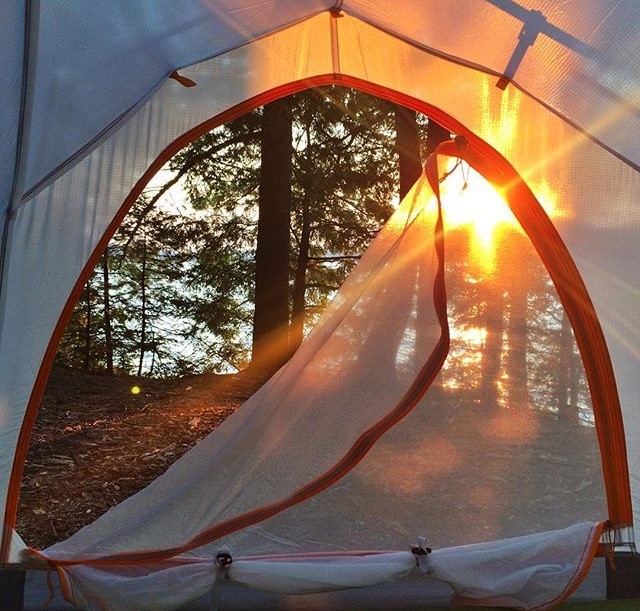
A backcountry frequentor will explain that even the worst canoe-yoke-inflicted-neck-pain is magically erased by the warbling harmony of a Common Loon’s chorus. Or perhaps for them it is the sight of a smitten sun-bathing turtle, or a shoreline adorned with verdant White Pine on the foreground of a blazing sunset. Perhaps it is the successful pursuit of the awe-inspiring Brook Trout that made the arduous journey worth it.
The answer to this question varies among individuals, yet — despite our differences — we are all pursuing the gratifying feeling that only a pristine backcountry landscape can provide.
For this reason, an ecosystem with integrity has immeasurable valuable. It is our inherent duty to protect the backcountry landscapes that we play in.
Here’s how we can minimize our ecological impact while backcountry camping:
Plan ahead
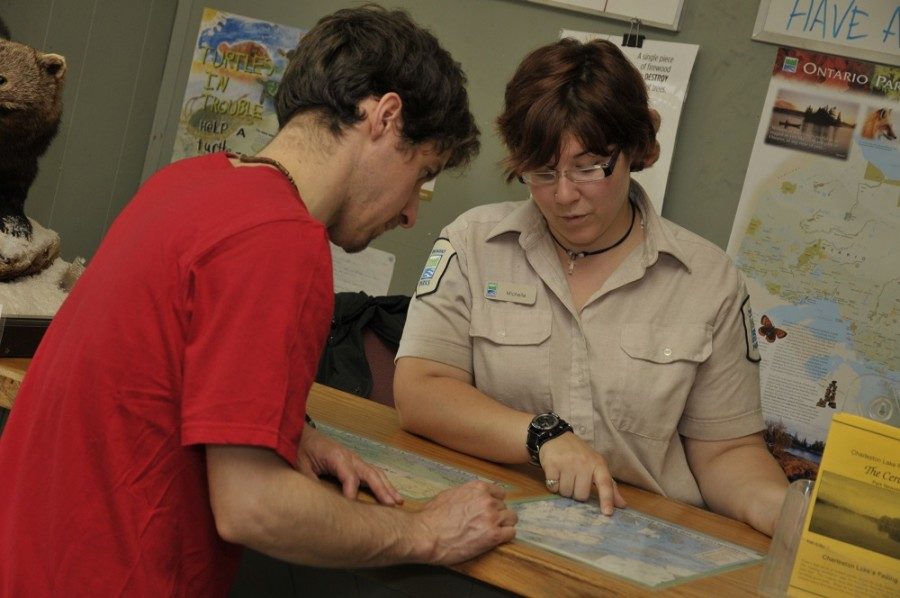
- Know the regulations and special concerns for the park you are visiting
- Schedule your trip to avoid high use times
- Travel and camp in small groups
- Plan your route
- Refrain from using marking paint or flagging tape. Navigate using a map and compass instead
Travel and camp on durable surfaces

- Camp only on designated sites. Keep your group to nine people or fewer
- Use established trails and campsites, rock, gravel, dry grasses or snow
- Do not widen trails or cause damage to surrounding areas. Use existing trails and portages only
- Walk single-file in the centre of the trail
- Good campsites are found, not made. Altering a site is not necessary
- Keep campsites small. Focus activity in areas where vegetation is absent
Dispose of waste properly
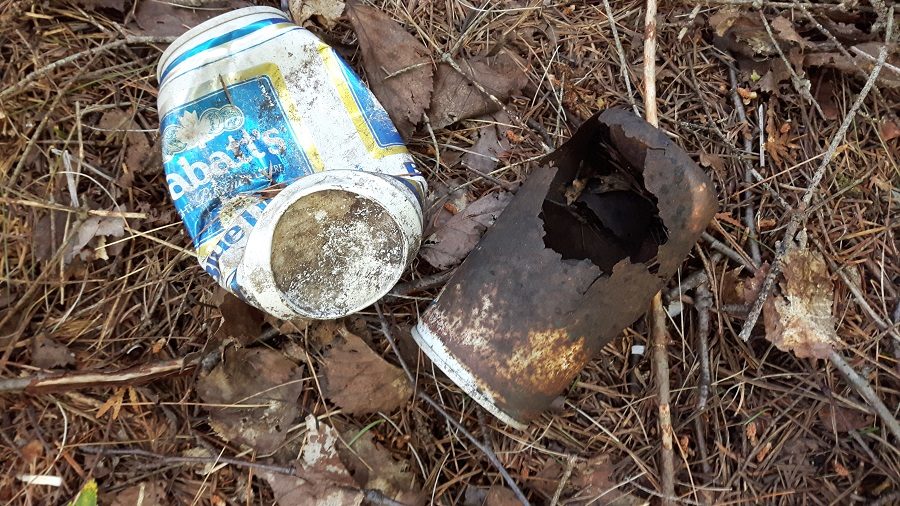
- Minimize waste by packing food in reusable containers
- Pack it in, pack it out! This includes all trash, leftover food, and litter
- If an outdoor privy is not available, deposit solid human waste in small holes dug 15 to 20 cm deep at least 70 m from water, campsites, and trails. Replace soil immediately
- To wash yourself or dishes, carry water 70 m from streams or lakes, and use small amounts of biodegradable soap. Dispose of grey water in a pit, not in the water; biodegradable soap requires soil to effectively break down
- Anglers should dispose of fish remains in fast-moving current or in deep water. Do not leave remains out in open areas or on shore
Leave what you find

- Leave any natural object as you found it. Remembering it is illegal to cut any live vegetation, harass wildlife or disturb or remove cultural artifacts in a provincial park
- Be cautious of the spread of invasive species; clean your gear and outerwear often
- Do not build structures/furniture, or dig trenches
Minimize campfire impact
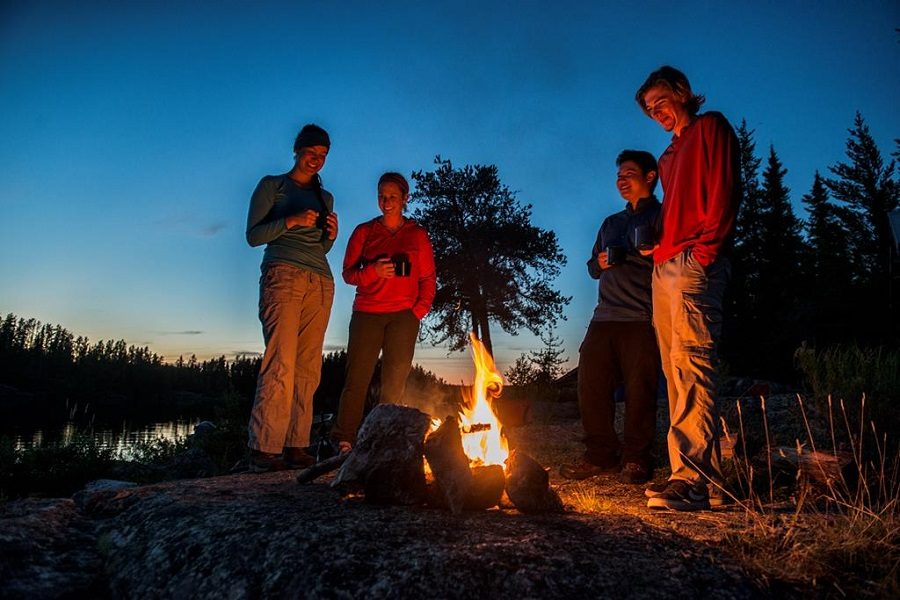
- Campfires can cause lasting impacts to the backcountry. Use a lightweight stove for cooking and a flashlight or lantern for light
- Check for active fire bans before you start your trip. Where fires are permitted, use established fire rings, fire pans, or mound fires
- Keep fires small. Only use sticks from the ground that can be broken by hand
- Ensure all coals are burned down to a fine ash, and fire is fully extinguished (ashes should be cool to the touch).
Respect wildlife
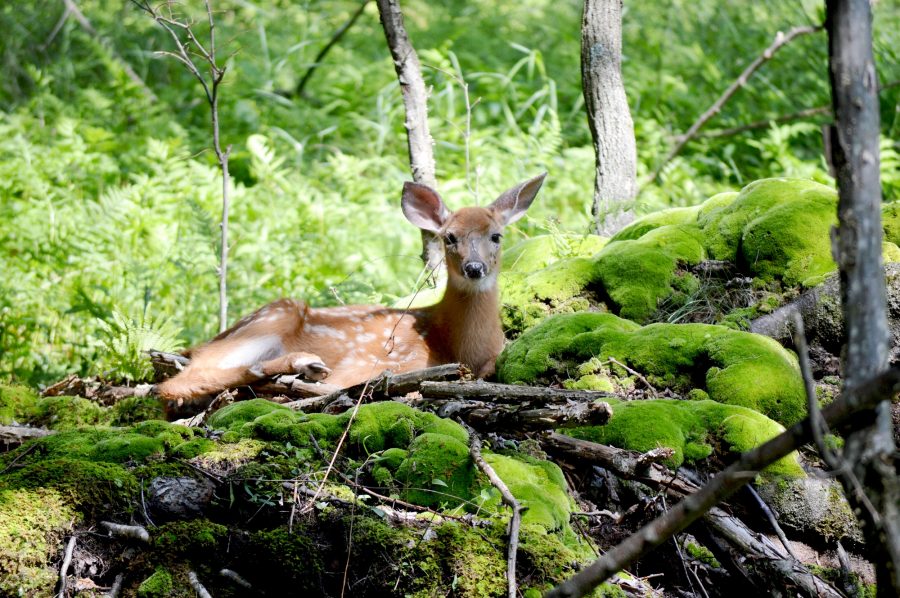
- Observe wildlife from afar, and do not disturb them. Be particularly cautious of your distance during sensitive times such as nesting, mating, raising young, or during winter
- Do not feed wildlife. Doing so damages their health, alters natural behaviours, and can expose them to predators
- Protect wildlife and your food by storing rations and trash securely
- When camping with pets, keep them under your supervision at all times
Be considerate of others
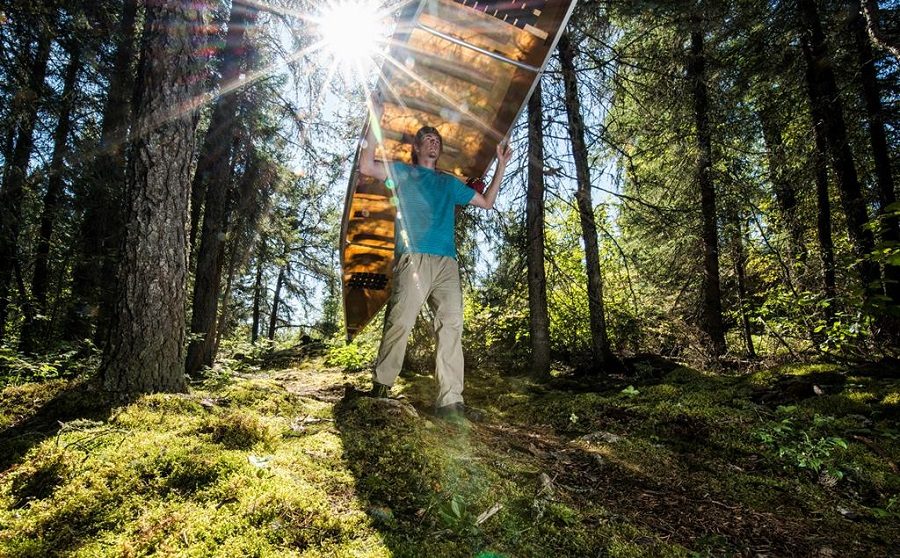
- Be courteous. Yield to other users on the trail
- Let the sounds of nature prevail. Avoid loud voices and noises
- Have a trip goal to leave your campsite in better condition than you found it
- Respect other visitors and protect the quality of their experience
Outdoor recreation in the backcountry of Ontario Parks is an important experience for us all. Many of us would agree that the wilderness is a wealth of information, and nature’s lessons are among the most profound.
By following these seven simple guidelines, we can reduce our impact on protected areas, allowing for the continuation of wilderness experiences for generations to come.
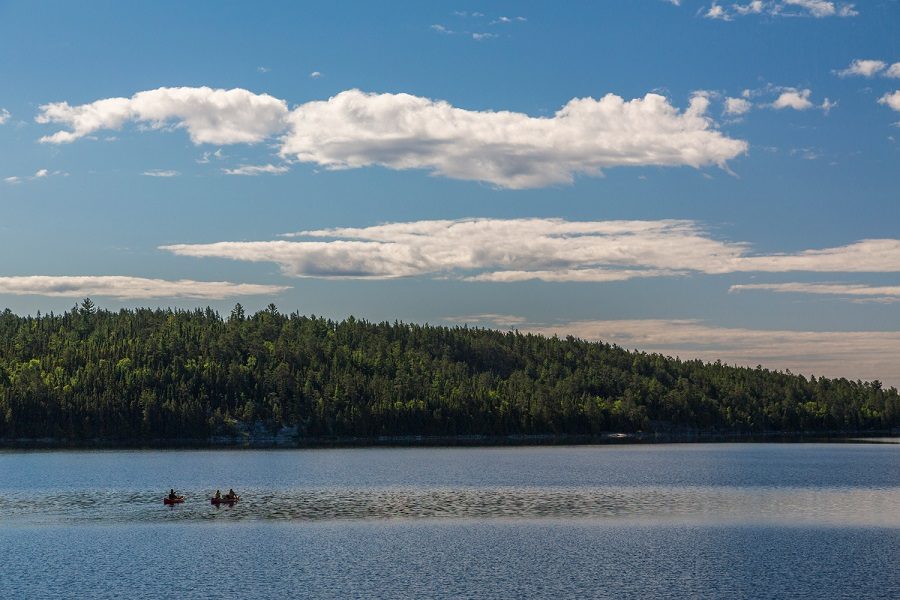
“We abuse the land because we regard it as a commodity belonging to us. When we see land as a community to which we belong, we may begin to use it with love and respect.” – Aldo Leopold
